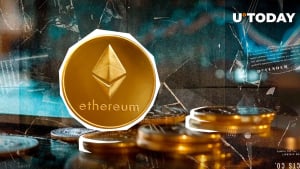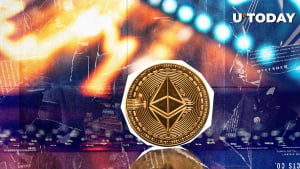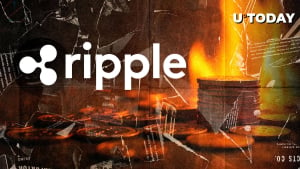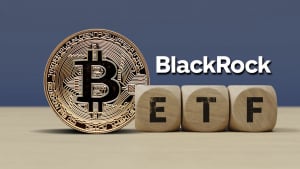$700,000 Gas Fee in Single Ethereum Transaction, What's Happening?
10/08/2024 15:44
Ethereum gas fee menace might be here again
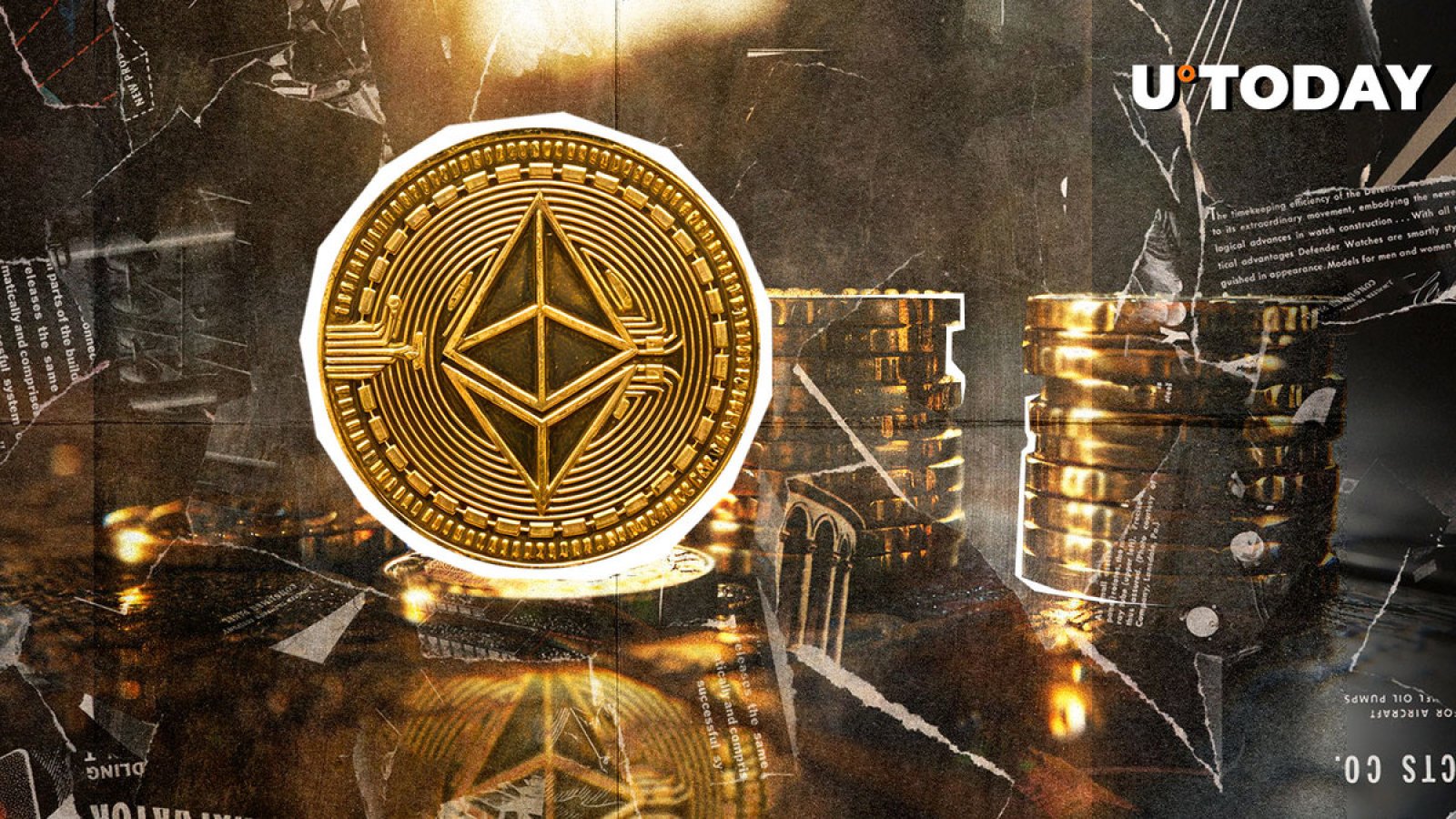
Disclaimer: The opinions expressed by our writers are their own and do not represent the views of U.Today. The financial and market information provided on U.Today is intended for informational purposes only. U.Today is not liable for any financial losses incurred while trading cryptocurrencies. Conduct your own research by contacting financial experts before making any investment decisions. We believe that all content is accurate as of the date of publication, but certain offers mentioned may no longer be available.
Users are generally concerned about conducting Ethereum (ETH) blockchain transactions. The reason is the high gas fee, which on some occasions might be quite unpredictable. According to a discovery made by crypto analytics platform Lookonchain, a user paid a fee of 288 ETH worth approximately $700,000 in a single transaction.
Should Ethereum users be concerned?
Large fee spikes on Ethereum are not uncommon. However, on some occasions, most of these fee spikes are glitches. The information on the user spotlighted by Lookonchain does not appear as a glitch. As seen, the user transferred from one wallet, "0xD81….B21fC" to another wallet, "0x000….d0Eea."
What is, however, unusual for this transaction is that the value is only pegged at $0. While it remains unclear why a user would pay $700,000 for a null transaction, the growing meme coin explosion might explain this kind of transaction.
Over the past few years, related Ethereum gas fees have emerged on-chain. As U.Today reported earlier, one Ethereum user also spent $859,000 on fees last year, underscoring the periodic surge in this Ethereum metric.
Despite the occasional surge in this metric, average users have nothing to worry about. This is because transaction prioritizing is not compulsory, and thus, the gas fee is largely controllable.
Solving gas fee menace
The brother Ethereum network has solved the gas fee issue by at least 50%. The launch of the Dencun upgrade earlier this year has largely made its layer-2 scaling solutions more usable, with a fraction of the gas fee, which is very predictable.
Besides, the developer community, including Vitalik Buterin, constantly works to enhance the protocol’s gas fee. While fee charges often spike and fall based on usage, alternative L2 chains are cheaper to use and recommended for some transactions.
About the author

Godfrey Benjamin
Godfrey Benjamin is an experienced crypto journalist whose main goal is to educate everyone around him about the prospects of Web 3.0. His love for crypto was birthed when, as a former banker, he discovered the obvious advantages of decentralized money over traditional payments. With his vast experience covering various aspects of Web3, Godfrey's articles has been featured on Blockchain.news, Cryptonews and Coingape, among others.
Advertisement
TopCryptoNewsinYourMailbox
TopCryptoNewsinYourMailbox
